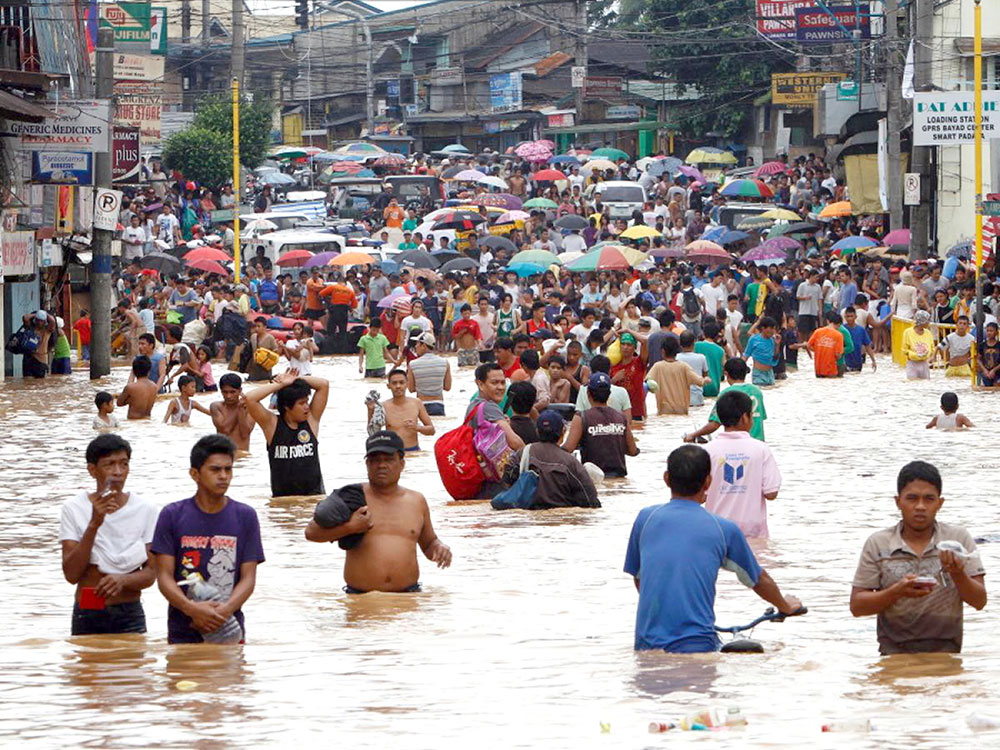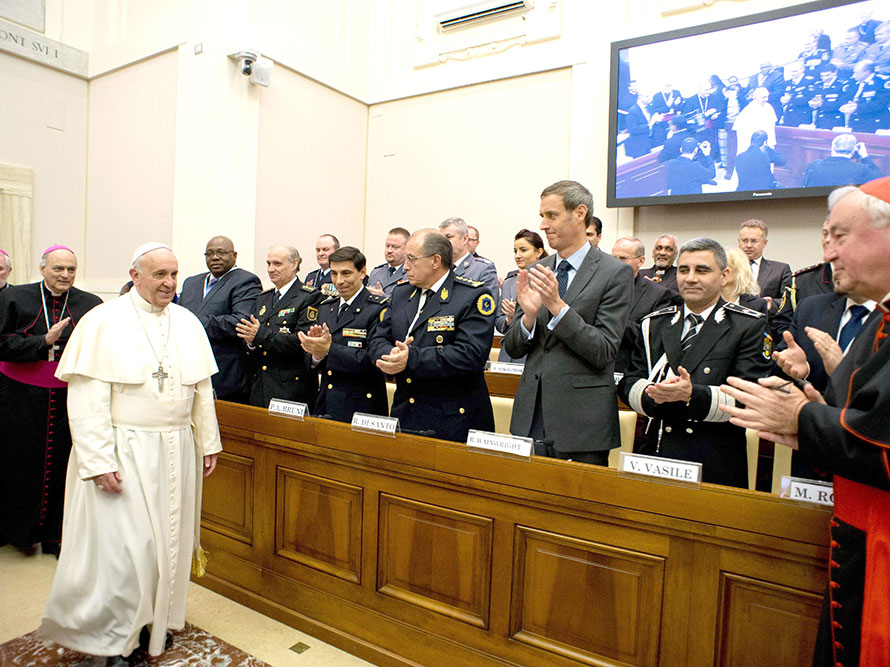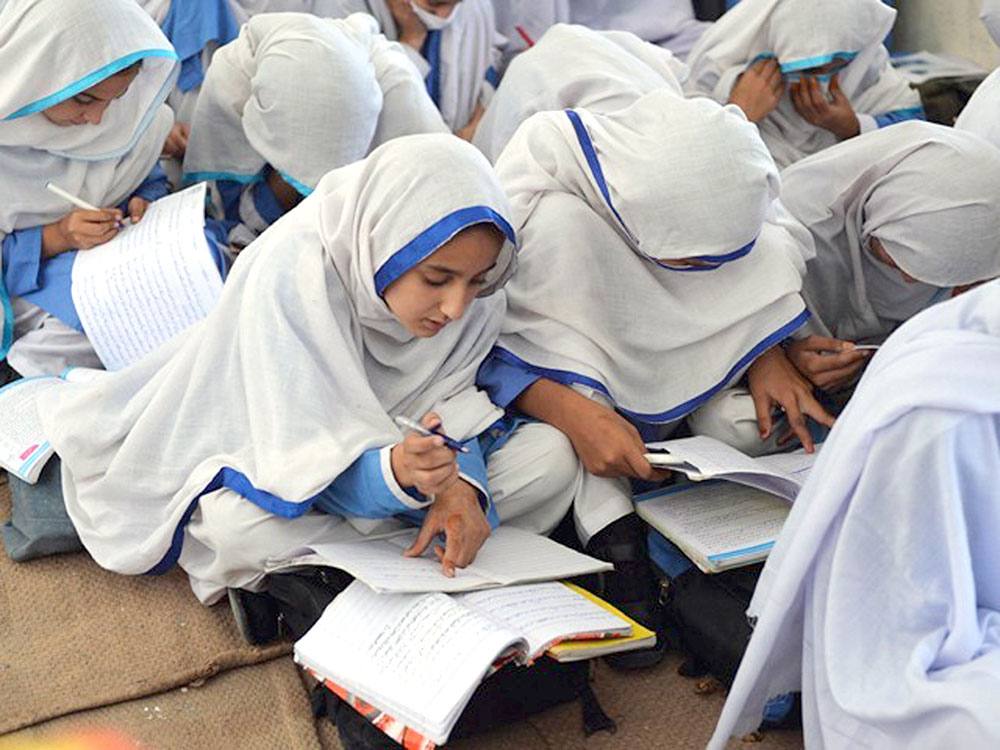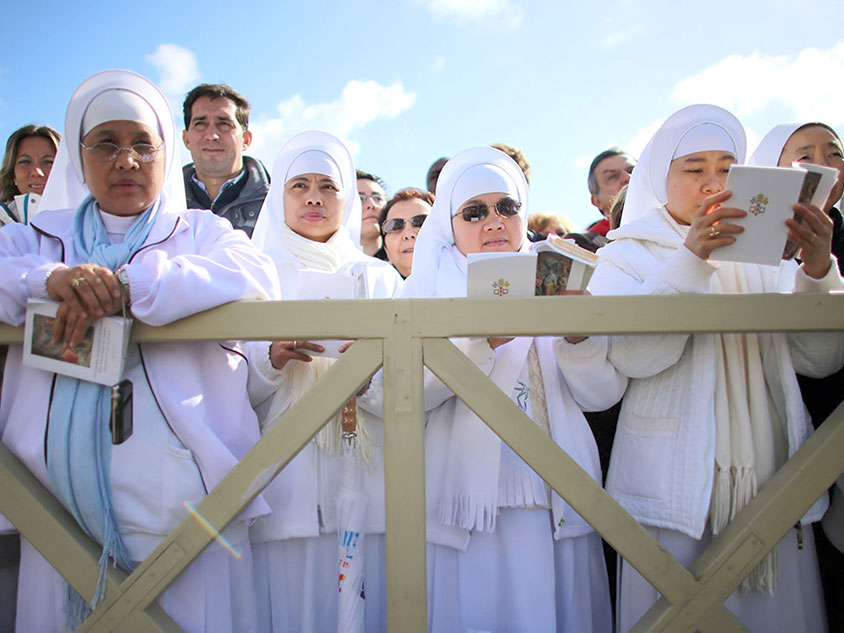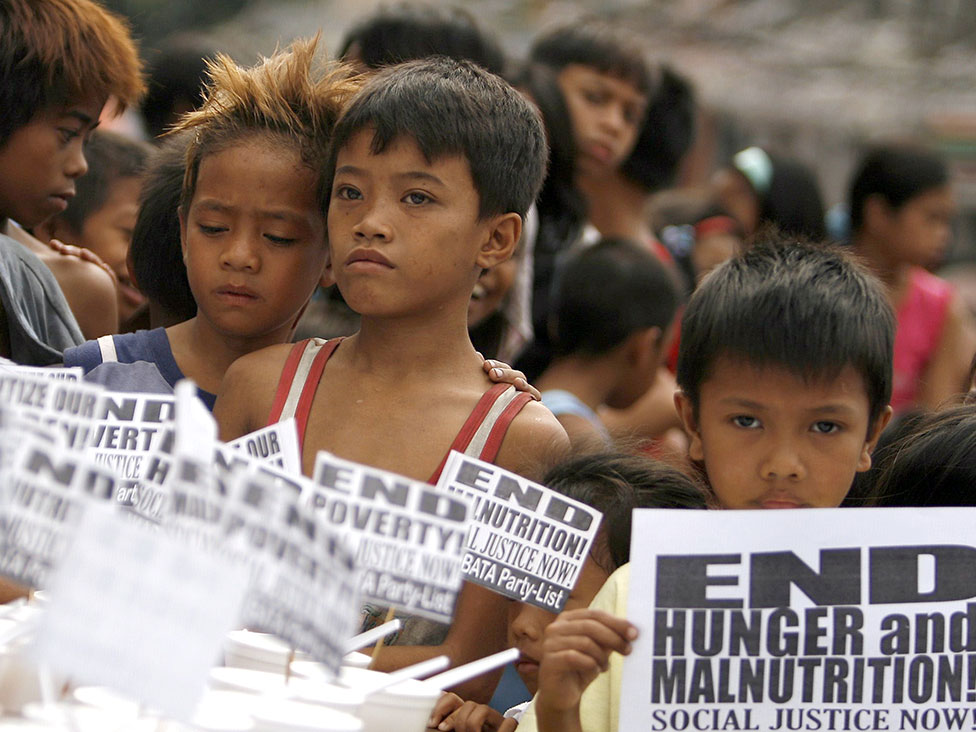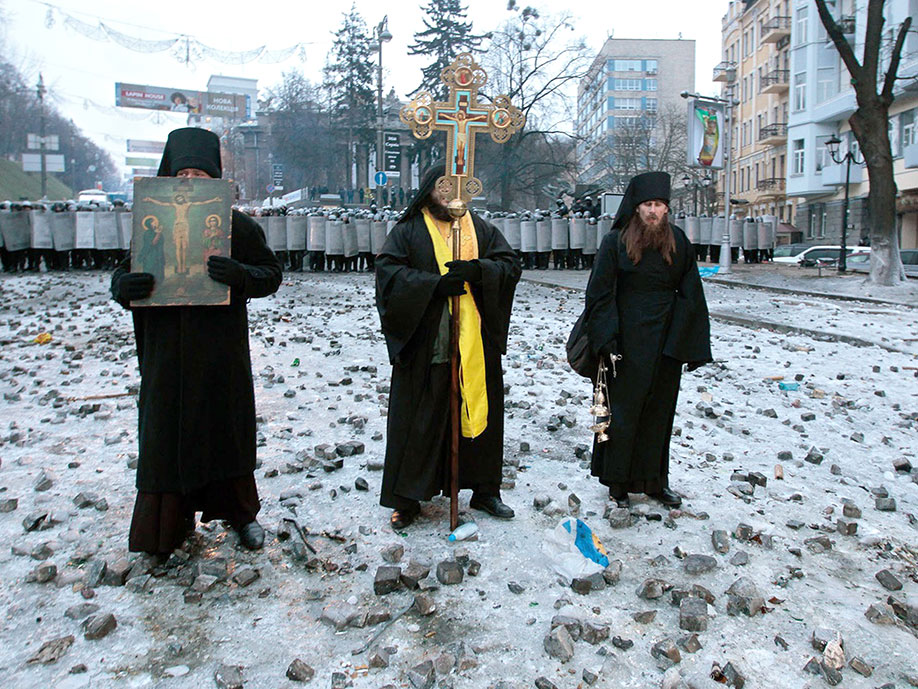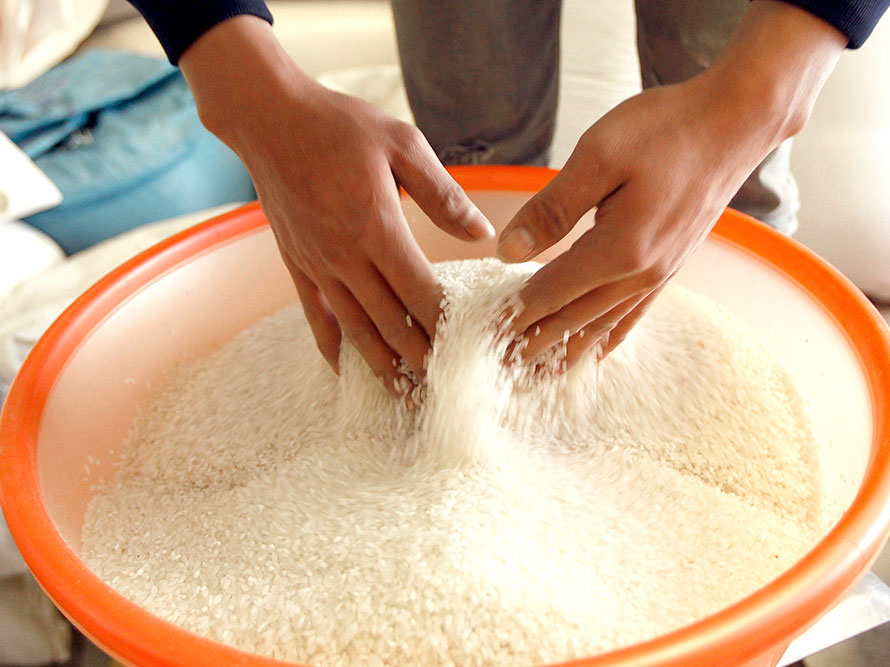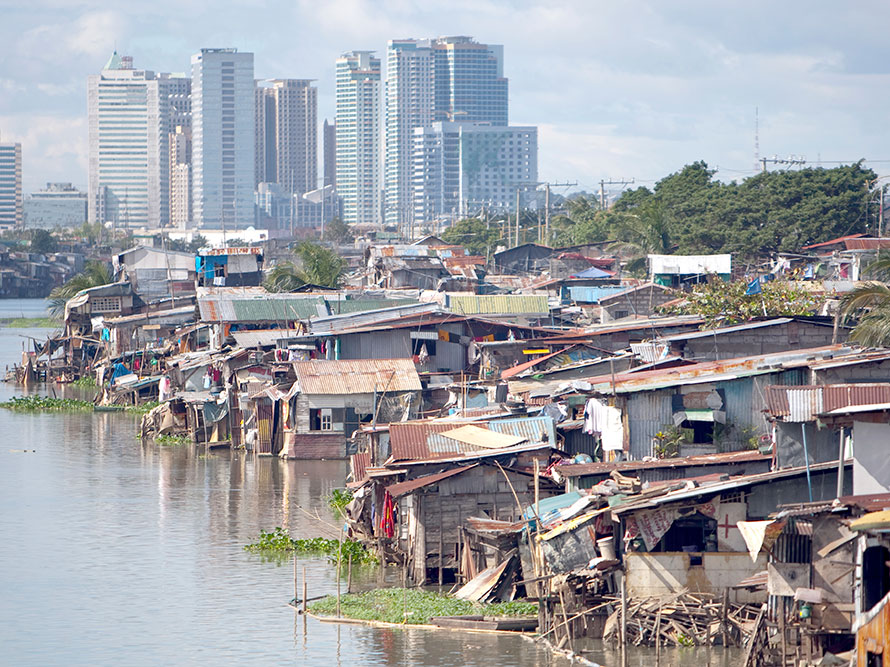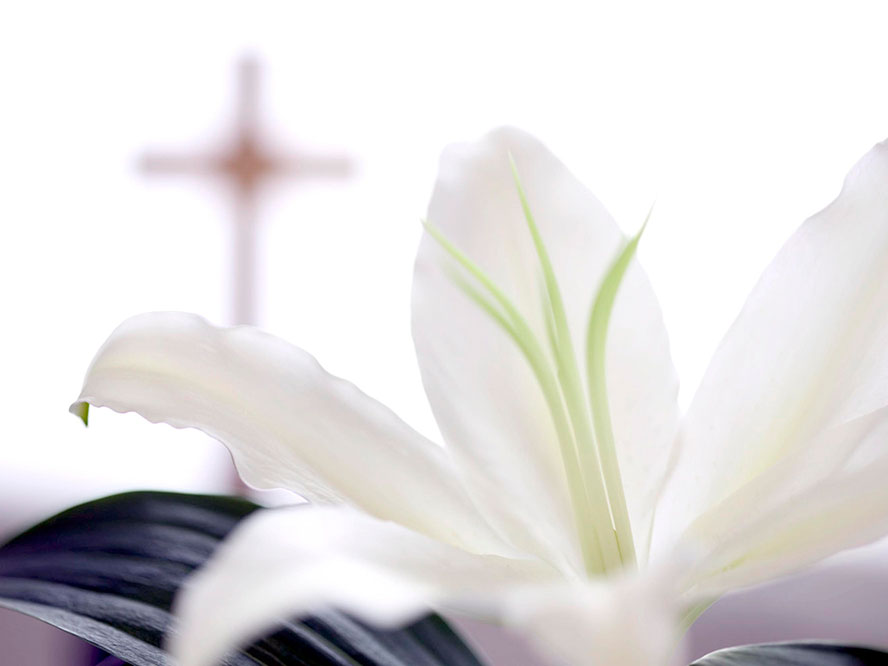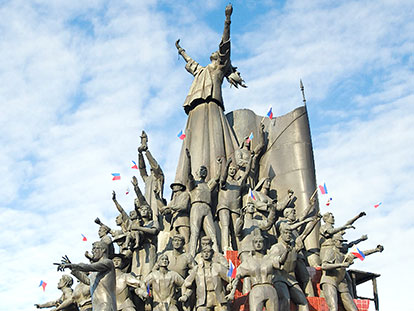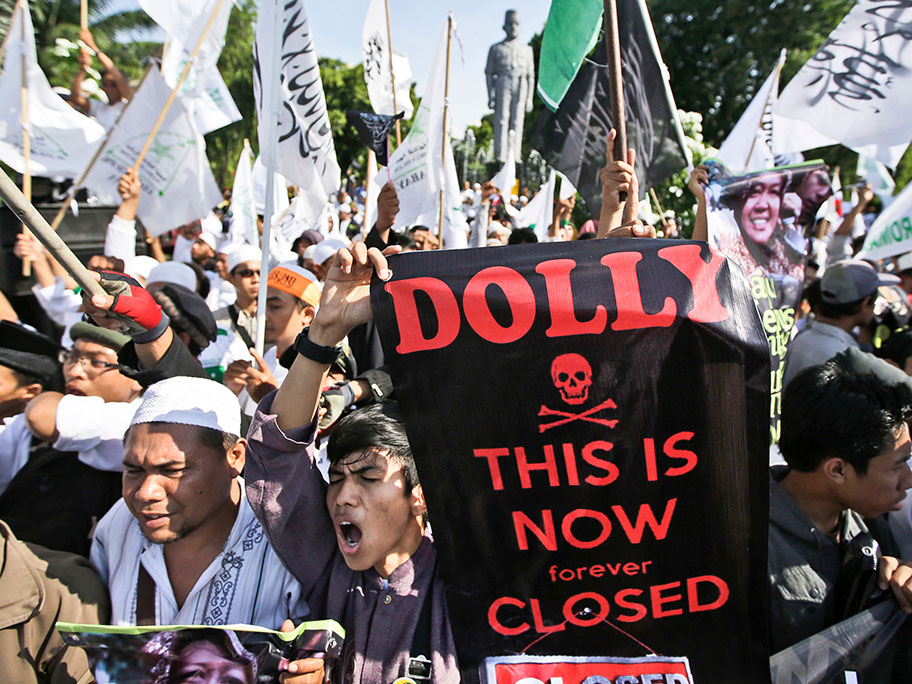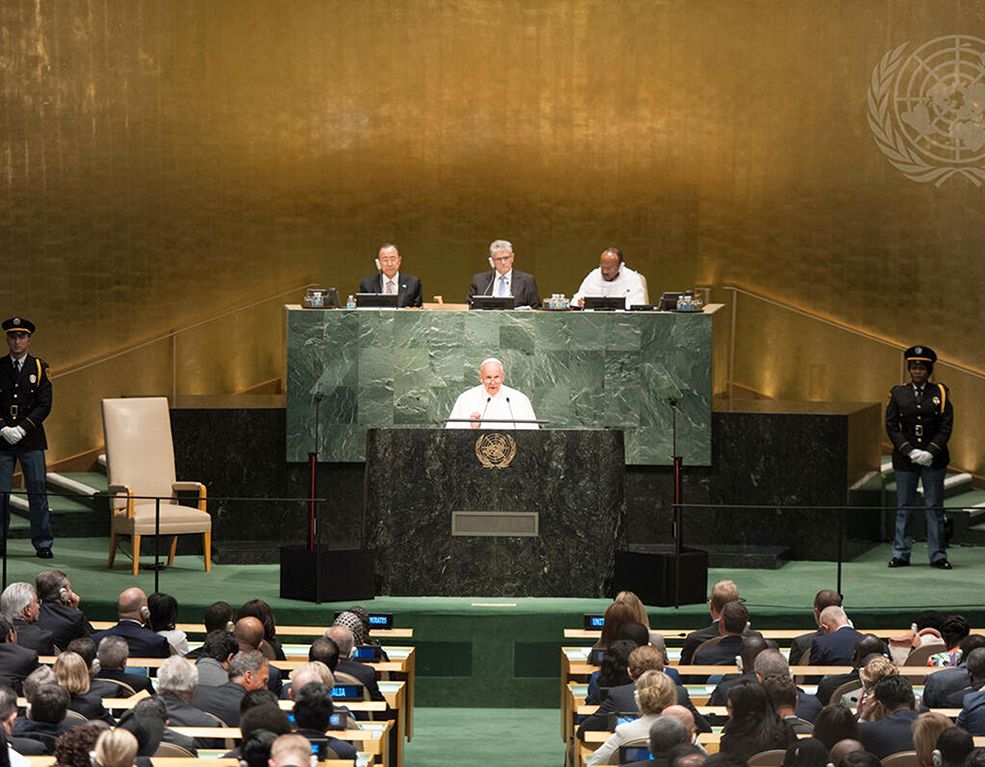In the society we live in, it is always easier to point out what is ugly, what is wrong, or what has failed, instead of underscoring the good and the positive. Even when things go well, there are still plenty of bad examples to cite or to talk about. Pessimism hounds many, even when progress is being made, particularly in attaining social justice. There are many examples of improvement around us. Social values often come alongside social strife in the same way that good crop can grow among the weeds. We should train ourselves to see these positive values. Amid the chaos and injustice we live in, it is very possible to see human nature groaning for change, for betterment!
ANALYZING PEACE
A good point to start is through the understanding of peace and reconciliation. People who never experienced violence or strife often do not appreciate peace. But for those who lived through violence, war, or social upheaval, peace is very important. A few years back, some countries of the Golden Coast, namely Sierra Leone, Liberia and neighboring areas, experienced a decade of violence that was often unwarranted. While these countries eventually forged a fragile peace with the help of other nations, their citizens realized that the mere absence of war cannot be considered peace. They needed something more. They needed reconciliation. Unless they could express what they felt or what they went through, unless they could talk to the aggressors and look them in the eye, true peace would still be elusive.
SHALOM: A HOLISTIC APPROACH
To understand this point, it is good to take a step back and see what God has to say about peace. If we look at the Bible, we realize that the word used to express peace – shalom – cannot be translated solely as peace. In Hebrew, shalom is something more than peace. The word shalom comes from a root word meaning ‘to have enough.’ From this root, many meanings can be derived. These include “having enough to live,” “having enough to pay for one’s upkeep,” “being in a peaceful condition,” “being friendly, wealthy or successful.” Yet, the most important meaning, especially for those who live in strife, is “being in a state of total mental and physical health,” and “living in harmonious relationship with others.” To greet people with the word shalom means to wish them peace and good luck. Most importantly, it is a desire for people to attain peace of mind and a mature relationship with other people. Shalom is not just a greeting, it is the reminder of a commitment to create the conditions for peaceful living.
We realize that the Bible sees peace not as the absence of war, but as the continuous commitment to create the conditions for every person to be in harmony with others and with the environment. This is why true peace can happen only through reconciliation. The people of Sierra Leone and Liberia, like those in many other countries that experienced war and social strife, realized that stopping the violence was not enough. True peace could only come after recognizing the experiences, feelings, and pains that the people went through. Peace could only be attained if there was true reconciliation, that is, if the perpetrators of violence acknowledge their deeds. In so doing, the wrongdoers recover that part of their humanity that was lost because of their actions. In that way, they, too, will have peace.
Other countries that went through the same process are South Africa, after the apartheid, and Rwanda, after the genocide. In South Africa, many agents of apartheid faced the victims of the violence they perpetrated and were able to ask for forgiveness. Most of the time, the victims forgave. This enabled both victim and offender to move forward with serenity.
STRIVING FOR PERSONAL PEACE
We thank God that, in our lives, we do not have to face the same kind of hatred and violence that our African brethren did. However, if we stop for a moment and reflect on how we live, we can recognize that we, at some point, also experienced the absence of peace: the injustices we suffer, our wrong attitudes towards other people, or the petty vengeance that we impose on others all contribute to this. These may be small realities, but they poison our life and hinder our human growth. In other words, these are hindrances to the peace that God wants for us.
After identifying these obstacles, we then need to take a step forward. To live in peace, we need to stop all actions that prevent others to enjoy a harmonious life. We also need to start acting positively towards human maturity. Creating peace is a commitment. It might be a struggle, but a struggle that is worth undertaking, because without peace, there is no justice either.
TRUE FREEDOM
A second value we can tackle is that of freedom. Certainly, our globalized society has seen a tremendous growth in democratic values the world over. Yet, freedom is elusive, even today. While more and more countries embrace democracy and transparency, and enact laws to defend the person, there are still millions of people who lack freedom. Of the many examples that can be cited, we can reflect on modern slavery. Poverty is one such form. One out of six world inhabitants lives under the poverty line. That is about one billion people who do not have enough resources to support their lives. Many of these people do work, but they receive a pay barely enough for food.
MODERN-DAY SLAVERY
In Nairobi, Kenya, one can witness an interesting event every morning. As early as five in the morning, a continuous stream of people who live in Kibera, Africa’s largest slum, heads towards the industrial area. All of these people are workers. Some have stable jobs, others are looking for some casual employment. They walk three to nine kilometers to reach their places of work. None use public transportation. Most of these people receive a pay of US$3 per day, which might seem a fair pay in an African country. However, Nairobi is one of the most expensive cities in the world to live in. Three dollars are not enough to buy food for a family of four, let alone pay for a bus fare.
When a person works all day for just enough to live on, without the security of having a job the next day, and without medical coverage, what makes him different from a slave? He might be free on paper, but in reality, he is hanging on a balance. The slightest movement can make him fall from that balance.
In the past years, another phenomenon has become quite visible: human trafficking. The U.S. government’s 2012 report on “Trafficking in Persons” (TIP) estimated that US$32 billion were made, out of the innocent blood of 800,000 humans who were trafficked within or across international boundaries. Half of these people were children. An estimated 12.3 million adults and children are currently held in forms of modern-day slavery, including forced labor and prostitution. Many more are trafficked within their own national boundaries for forced labor, bonded labor, sexual servitude, and involuntary servitude.
It seems almost impossible to control this epidemic. The appalling living conditions are unimaginable. Driven by poverty, these people are forced to fall victim to the insatiable greed of unscrupulous human traffickers. Despite international effort, this reality might never be stopped completely. However, this is not a reason not to do anything about it.
Human trafficking has many faces. The supply and demand of women, men, and children are constant and the costs are very low. A global legal framework against human trafficking is lacking, and what little there is in some countries is weak. Many countries have no legislation.
The question of freedom is then a serious one. Although we are inclined to believe that we live free and fulfilled lives, there are people next door who are living in practical slavery or are in danger of being trafficked. Freedom is a value we must cherish, safeguard and fight for.
ETHNICITY AS A TOOL FOR UNITY
A third value that should be fully understood is ethnicity. Globalization has allowed people from all corners of the world to connect and be united. Yes, there are many aspects of globalization that work like an equalizer. Differences seem to be blurred or erased altogether. However, globalization has also opened a channel for the expression of one’s uniqueness and individuality. There are many aspects of globalization that actually emphasize differences. Because of the modern means to retrieve material and to share it, people are rediscovering who they are. Local differences are now highlighted and cultural aspects are placed under the spotlight.
However, giving more importance to local identities can be dangerous. In many places, ethnic strife has reached alarming proportions. People fight in an effort to assert differences in tribal or religious affiliation. Some avenge the wrongs done against their people in the past. Surely, this is an incorrect way of showcasing identity or differences. It is a negative step towards the value of ethnicity because it becomes a platform for violence, unrest, and division.
Used properly, however, ethnicity brings joy and fullness of life. Positive ethnicity means to recognize one’s past, tradition, and values. Highlighting individuality can be a tool to promote harmony with others. Although we are different, our diversity can show our uniqueness, a unique facet of the image endowed by the same Creator. Positive ethnicity allows people to actually appreciate the values of those who belong to other traditions. Positive ethnicity helps a nation to grow in togetherness, with respect to diversity, in the knowledge that we can always tap the experience of others in facing new challenges. However, to develop such an outlook, people must first learn who they are and what they can share with others. It also requires maturity to discover the limitations posed by one’s ethnicity, and to accept them.
Peace-building, freedom and positive ethnicity: three social values that challenge us to commitment, reflection and social action. They are also some of the necessary ingredients to build better societies for tomorrow.





